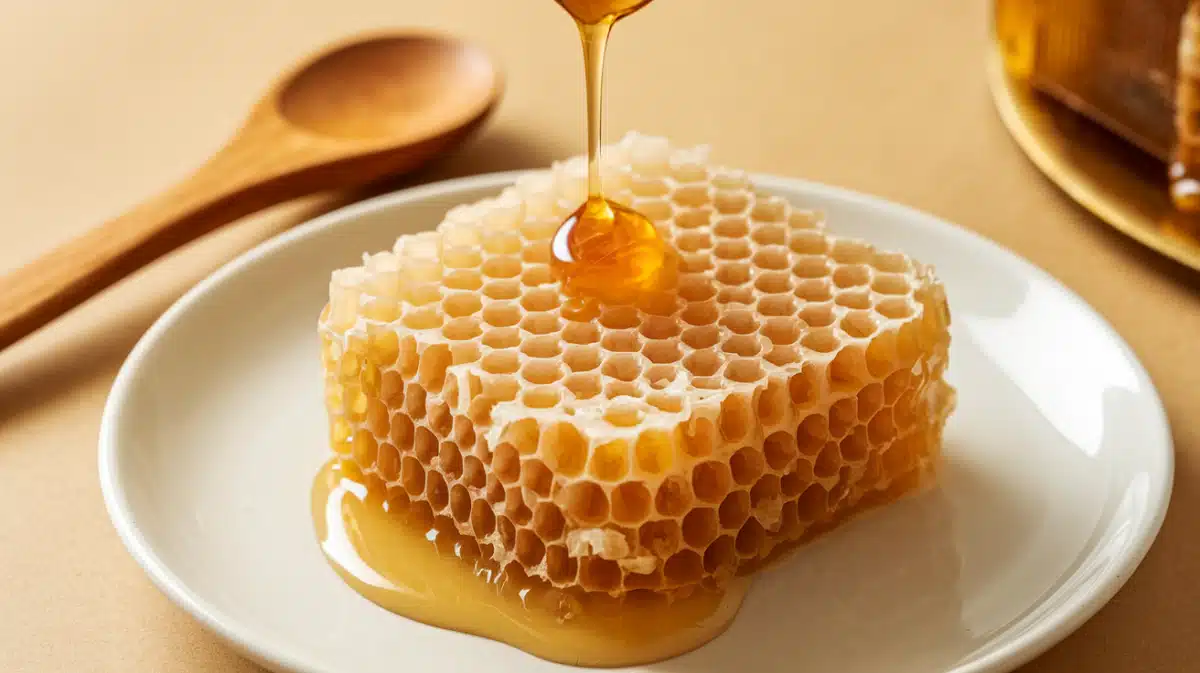Consumers in the UK have been urged to scrutinise honey samples and check labels amid concerns that many products sold in supermarkets are not entirely genuine. Tests have revealed that a significant proportion of honey on retail shelves may contain added syrups, prompting calls for stricter regulation and increased consumer awareness.
Nutrition experts and beekeeping organisations have highlighted the risks of adulteration, where cheaper sugar syrups are blended with honey to reduce costs. While this practice is not necessarily illegal outside of the EU, it raises questions about transparency and quality.
Majority of UK honey samples fail authenticity tests
A recent investigation into honey authenticity found that a significant number of retail honey samples did not meet expected purity standards. According to the Honey Authenticity Network, nine in ten honey samples from UK supermarkets failed authenticity tests, with 24 out of 25 jars examined showing signs of adulteration. These tests suggested that many honey products were bulked out with syrups derived from cheaper crops such as rice and beetroot.
Meanwhile, all five samples tested from UK beekeepers were confirmed to be genuine, raising concerns over mass-market supply chains. According to the British Beekeepers Association (BBKA), fraudsters are increasingly using sophisticated methods to bypass standard detection techniques, making it harder for consumers to identify impure products.
While the UK’s Food Standards Agency (FSA) has stated that there is no evidence that supermarket honey is unsafe, it acknowledged that honey is a product at risk of fraud. The financial incentives are clear: genuine honey can command prices of around £2,370 per tonne globally, while significantly cheaper sugar syrups are often used as substitutes. This price gap creates opportunities for illicit blending, undermining both consumers and honest producers
Calls for clearer labelling and stricter regulations
With EU regulations tightening on honey labelling and testing, experts are calling for the UK to introduce similar measures to improve transparency. According to The Express, nutrition health experts at Tonic Health recommend that consumers check honey labels carefully and opt for single-origin products from trusted sources. UK-produced honey or honey sourced from specific EU nations is considered more reliable than blends, which may contain non-EU imports that allow for added glucose syrups.
The Department for Environment, Food and Rural Affairs (Defra) has acknowledged the issue, stating: “We take any type of food fraud very seriously. There is no place for adulterated honey that undermines consumer confidence and disadvantages businesses acting within the law.” However, the UK has been slower to implement reforms compared to the EU, leaving shoppers to rely on individual scrutiny when making purchases.









